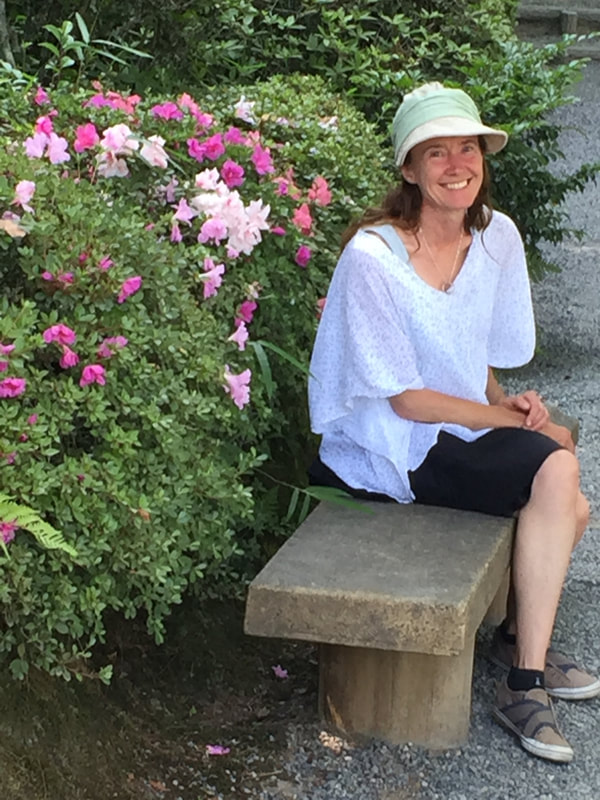Ecohydrology studies the intersection between biology and hydrology. I focus on plants and try to build models of how much water plants use but also how much water plant need and what happens to plant physiology and ecosystem structure and function when water availability change.
What are your undergraduate and graduate degrees in?
My undergraduate degree was in Systems Design Engineering (at the University of Waterloo). Learning to think about ‘things’ as systems and how to use mathematics to describe system dynamics was a great foundation. My graduate degrees were in Geography at the University of Toronto – it was there that I began studying the environment and in particular the spatial and temporal dynamics of ecohydrology.
How did you arrive at working in/thinking about ecohydrology?
I started thinking about ecohydrology during my PhD. During my PhD I spent a lot of time developing a hillslope scale hydrologic routing model that was linked to an ecosystem carbon and nutrient cycling model. I then used this model to look at how forest roads changed the routing of water and what the implications were for downslope forest water use. I didn’t really think about this as ‘eco-hydrology’ at the time – but I did think a lot about spatial patterns of forest water use – I still think about this – and how vegetation water use changes with climate, with urban design, with fire…
What do you see as an important emerging area of ecohydrology?
Innovation in data: new data sets and new ways of using data are changing eco-hydrology. New high spatial and spectral resolution data from remote sensing – whether it is from drones or satellites, new automated sampling methods, new ways using isotopes or genetic information combined with emerging data science/machine learning techniques – all of this will lead to new insights into ecohydrology. My sense is this evolution of data-science will be especially important for enhancing our understanding of plants and how they function – including how they respond to water availability, to climate and, to disturbance. Plasticity of plant function is still poorly represented in our ecohydrologic models, even our conceptual ones, but this is changing.
The eco-hydrology of urban environments is also a favorite area of mine – we increasingly live in urban environments – and improving our understanding of ecohydrology in urban systems can help us make cities more sustainable.
Do you have a favorite ecohydrology paper? Describe/explain.
I really like Asbjornsen, H. et al. (2011), Ecohydrological advances and applications in plant–water relations research: a review, Journal of Plant Ecology, 4(1-2), 3–22, doi:10.1093/jpe/rtr005. It is just a great review of key themes– and offers the dual ecohydrology perspective that includes both how water impacts plants and how plants impact water.
What do you do for fun (apart from ecohydrology)?
Like many who study the environment, I hike, bike, swim and play – I love being in the forest. I’ve also have studied tai chi for many years – and really appreciate that I have a daily meditative but also physical practice. Music is great – summer outdoor jazz concerts are much fun. I am also an orthodox jew and truly enjoy the learning from the many teachers I have had and books that I have read on what that means.

 RSS Feed
RSS Feed